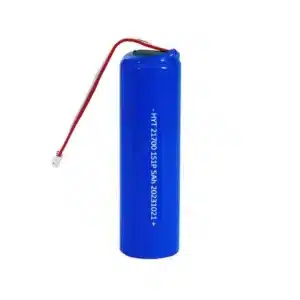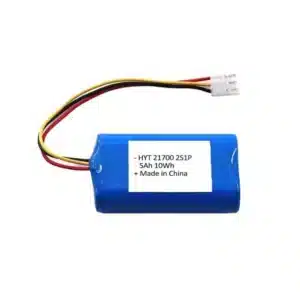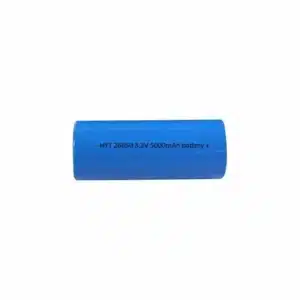Medical Lithium Battery
Lithium batteries have found widespread use in modern medical devices, primarily due to their high energy density, lightweight design, and long lifespan. The main types used are polymer batteries and 18650 battery packs.
Key applications include heart rate monitors, pulse oximeters, ventilators, ultrasound machines, and portable electronic thermometers.
These medical devices rely on the high performance of lithium batteries to ensure reliable power supply during critical moments, thus guaranteeing the normal operation of medical equipment and patient safety.
Medical batteries may require UL1642, UL2654, and multi-level safety protections. These standards and safeguards are designed to ensure that batteries in medical devices operate safely and reliably in various usage environments, thereby protecting patients and healthcare providers.
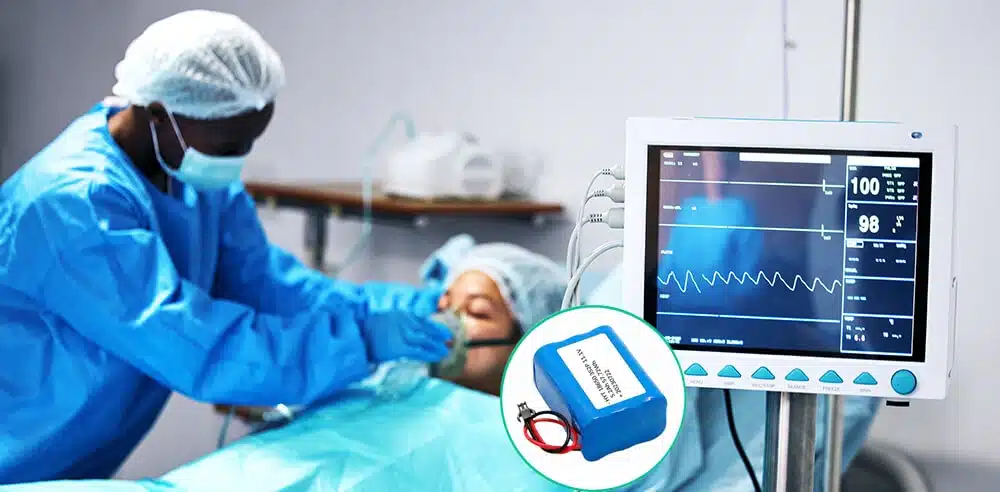
High Safety
Employs high-quality lithium battery cells and a multi-protection function PCB.
Lightweight and Compact
Lightweight design makes portable medical devices easier to use and carry.
High Energy Density
Hardcase lithium-ion batteries offer a 10-15% higher capacity compared to equivalent aluminum case batteries.
Strong Customizability
Battery wall thickness can be adjusted or the appearance design can be modified to enhance the specific performance indicators of medical devices.
battery backup for medical equipment product
Medical lithium batteries are used in a wide range of medical equipment, including medical carts, mobile workstations, defibrillators, CT scanners, MRI machines, surgical tools, infusion pumps, and other handheld medical devices. Given the diversity of battery-powered medical devices, the corresponding lithium batteries also vary.
Below are some products of the battery packs for medical devices that we produce. These include 3.7V, 12V, and 24V lithium-ion batteries. Beyond the products you see here, we have the capability to customize medical battery packs to meet your specific needs.
- Battery systems for medical devices
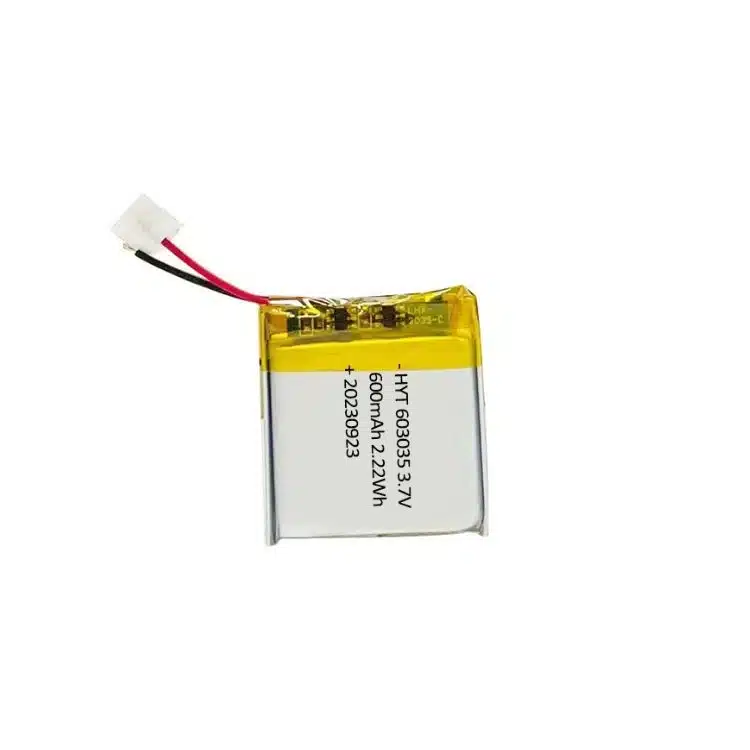
603035 3.7V 600mAh Battery
Nominal voltage: 3.7V
Nominal capacity: 600mAh
Rated energy: 2.22Wh
Thickness: ≤6.0mm
Widness: ≤30.0mm
Length: ≤35.0mm
Internal resistance: ≤75mΩ
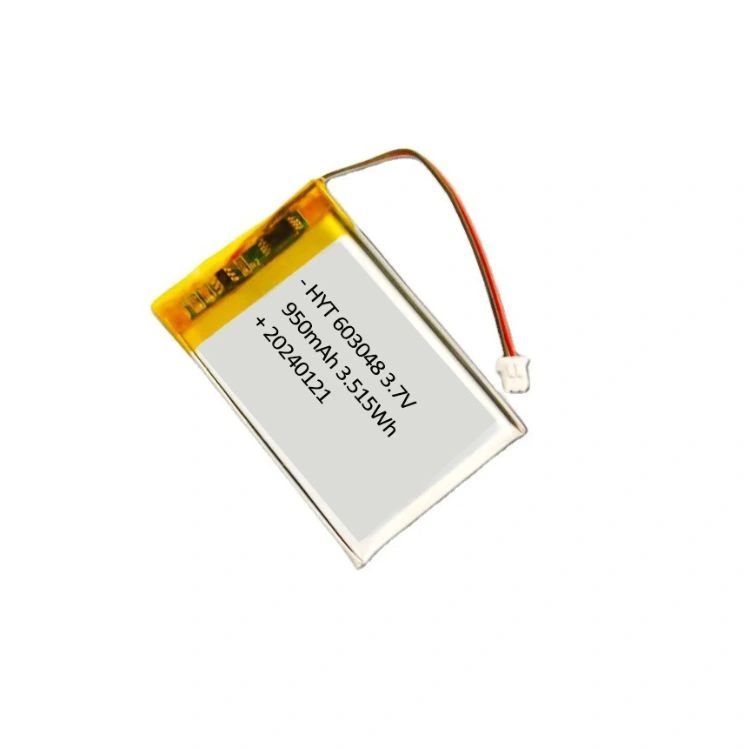
603048 3.7V 950mAh Battery
Nominal voltage: 3.7V
Nominal capacity: 950mAh
Rated energy: 3.515Wh
Thickness: ≤6.0mm
Widness: ≤30.0mm
Length: ≤48.0mm
Internal resistance: ≤60mΩ
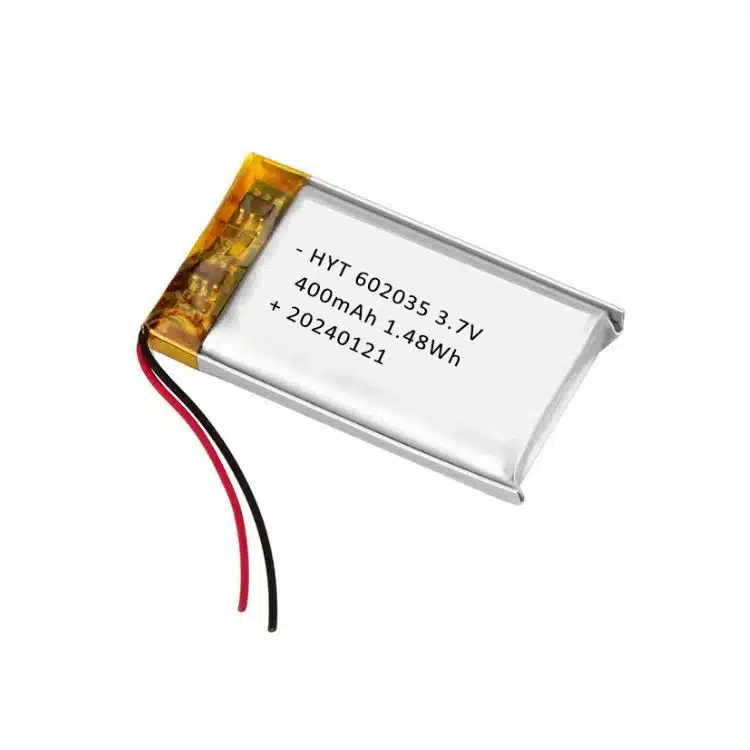
602035 3.7V 400mAh Battery
Nominal voltage: 3.7V
Nominal capacity: 400mAh
Rated energy: 1.48Wh
Thickness: ≤6.0mm
Widness: ≤20.0mm
Length: ≤35.0mm
Internal resistance: ≤100mΩ
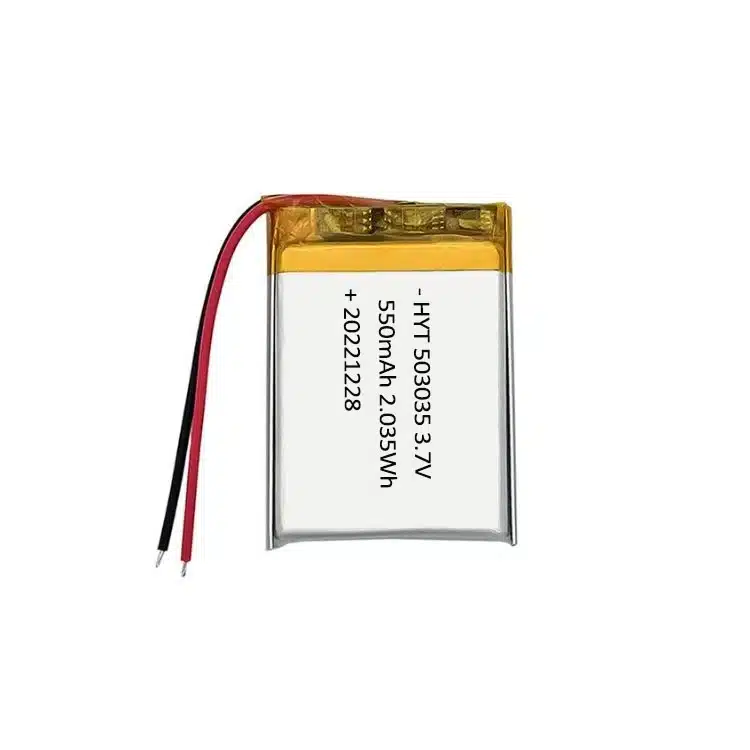
503035 3.7V 550mAh Battery
Nominal voltage: 3.7V
Nominal capacity: 550mAh
Rated energy: 2.035Wh
Thickness: ≤5.0mm
Widness: ≤30.0mm
Length: ≤35.0mm
Internal resistance: ≤80mΩ
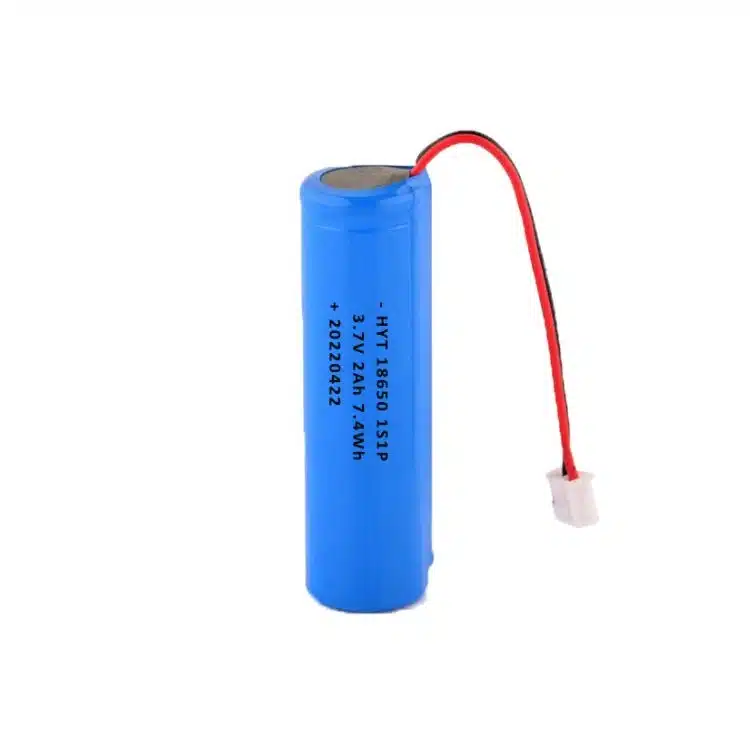
18650 1S1P 3.7V 2Ah Battery
Nominal voltage: 3.7V
Nominal capacity: 2000mAh
Rated energy: 7.4Wh
Charge current: 3.0C rate
Discharge current: 1.0C rate
Diameter: ≤19mm
Length: ≤68.0mm

18650 1S1P 3.7V 1800mAh Battery
Nominal voltage: 3.7V
Nominal capacity: 1800mAh
Rated energy: 6.66Wh
Charge current: 1.0C rate
Discharge current: 1.0C rate
Diameter: ≤19.0mm
Length: ≤68.0mm
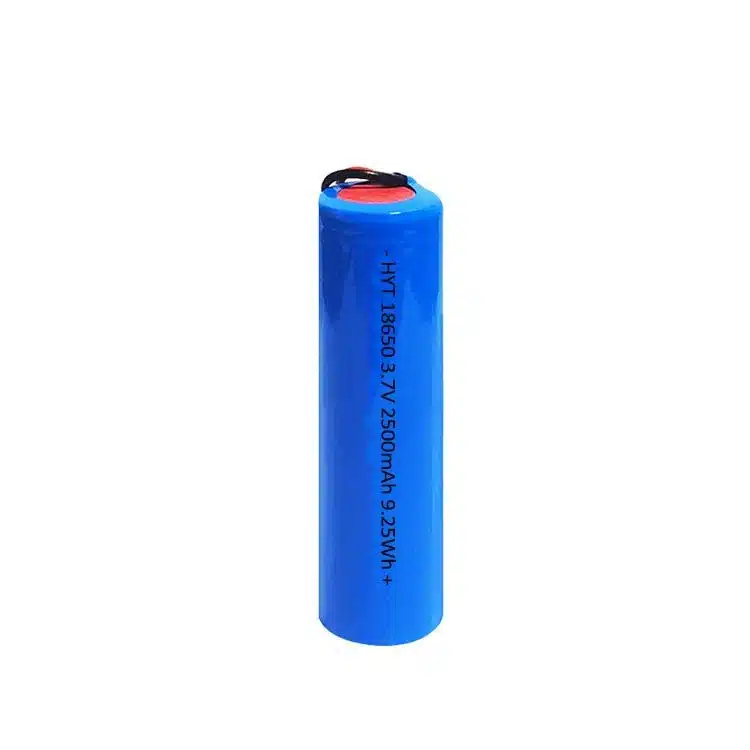
18650 1S1P 3.7V 2500mAh Battery
Nominal voltage: 3.7V
Nominal capacity: 2500mAh
Rated energy: 9.25Wh
Charge current: 2.0C rate
Discharge current: 1.0C rate
Diameter: ≤19.0mm
Length: ≤68.0mm
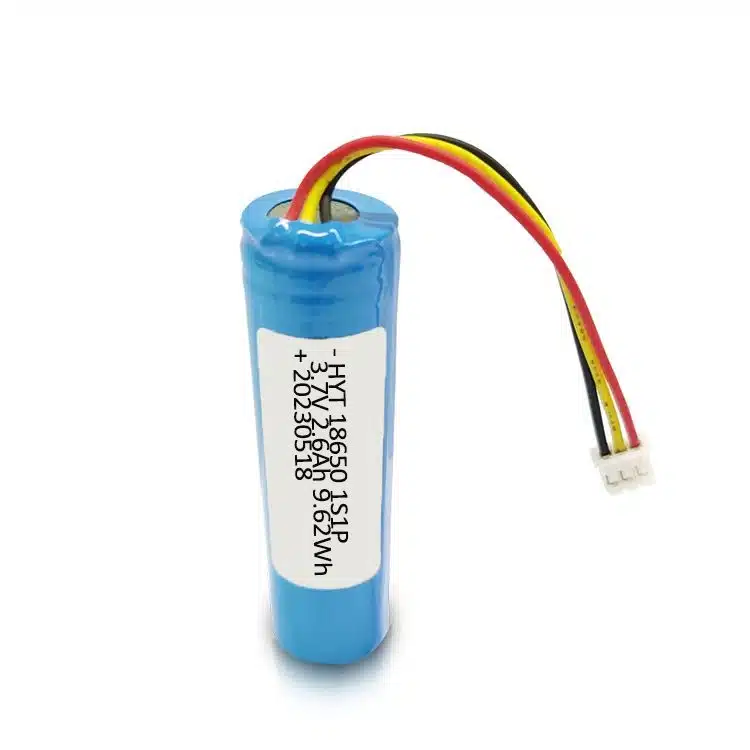
18650 1S1P 3.7V 2600mAh Battery
Nominal voltage: 3.7V
Nominal capacity: 2600mAh
Rated energy: 9.62Wh
Charge current: 1.0C rate
Discharge current: 3.0C rate
Diameter: ≤19.0mm
Length: ≤68.0mm
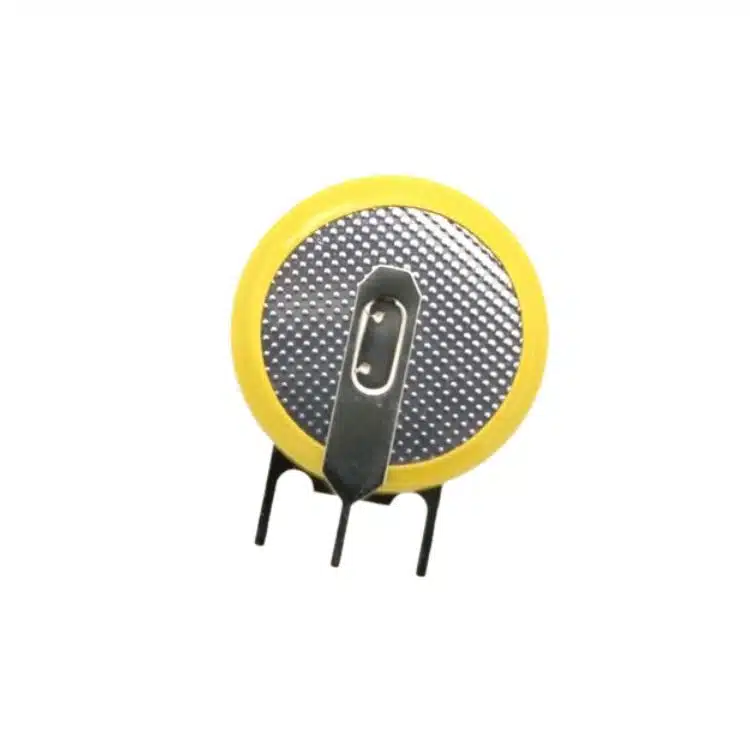
3V CR2032 Coin Cell Battery
Nominal voltage: 3V
Nominal capacity: 210mAh
Rated energy: 0.63Wh
Max Continue Current: 3mA
Weight: 3g
Size: 20.0*3.2mm
Temperature: -40~85℃
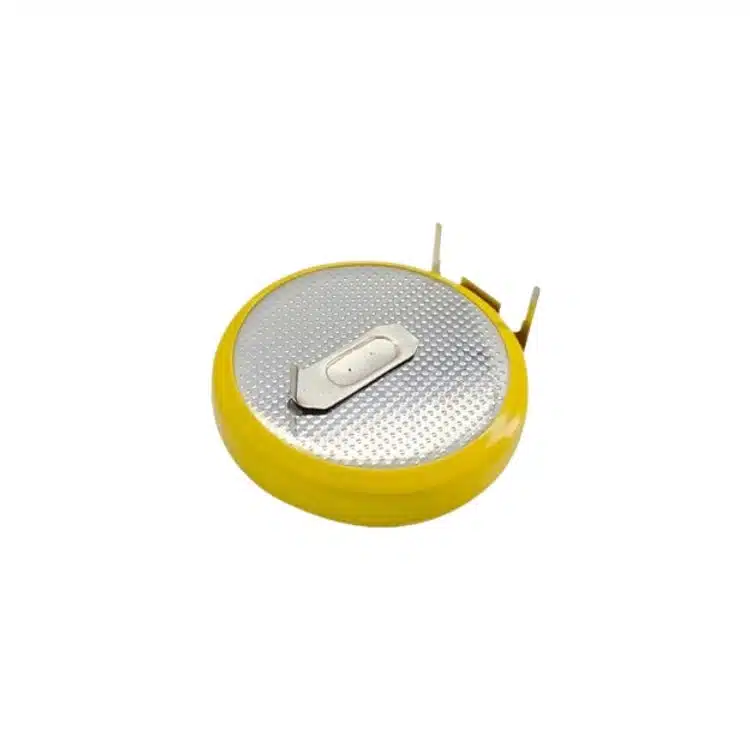
3V CR2450 Coin Cell Battery
Nominal voltage: 3V
Nominal capacity: 600mAh
Rated energy: 1.8Wh
Max Continue Current: 3mA
Weight: 6.4g
Size: 24.5*5.0mm
Temperature: -40~85℃
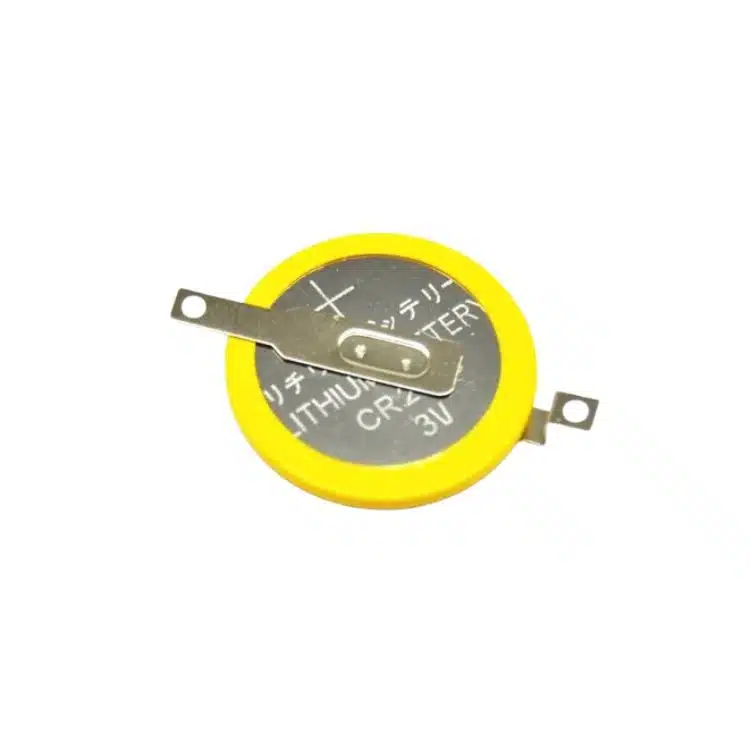
3V CR2025 Coin Battery
Nominal voltage: 3V
Nominal capacity: 150mAh
Rated energy: 0.45Wh
Max Continue Current: 3mA
Weight: 2.5g
Size: 20.0*2.5mm
Temperature: -40~85℃
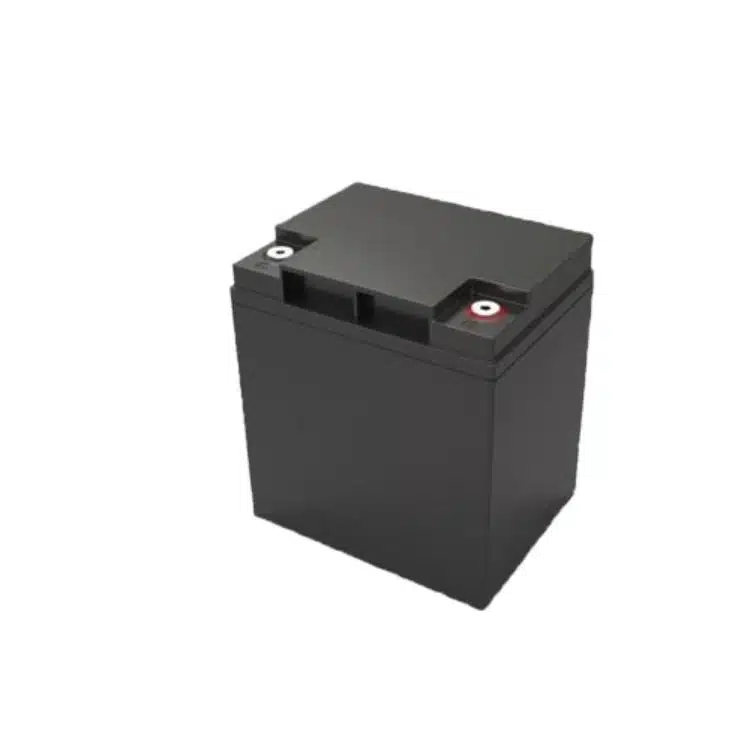
12.8V 30Ah LiFePo4 Battery
Nominal voltage: 12.8V
Nominal capacity: 30Ah
Rated energy: 384Wh
Recommend charge current: ≤15A
Peak discharge current: 60A
Internal resistance: ≤30mΩ
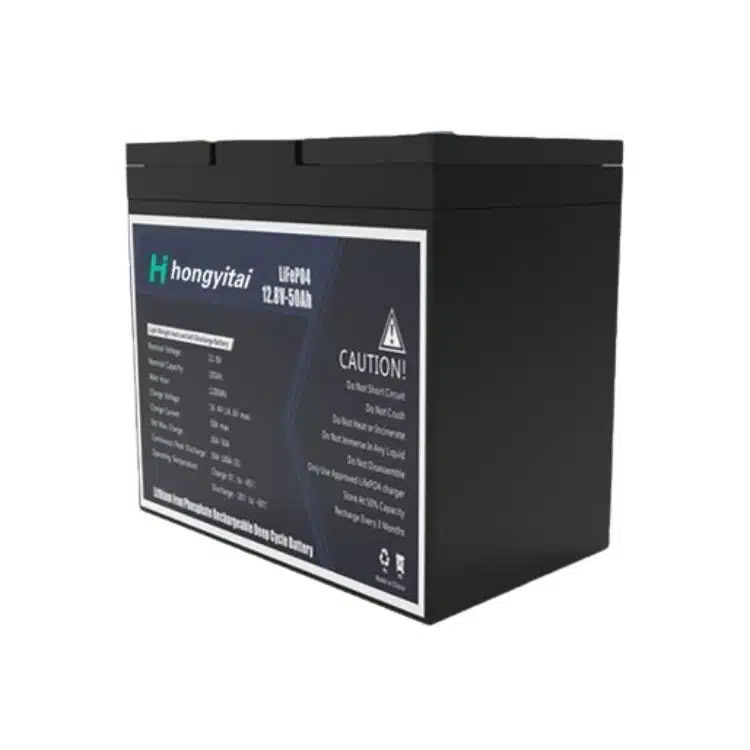
12.8V 50Ah LiFePo4 Battery
Nominal voltage: 12.8V
Nominal capacity: 50Ah
Rated energy: 640Wh
Recommend charge current: ≤25A
Max charge current: 100A
Internal resistance: ≤15mΩ
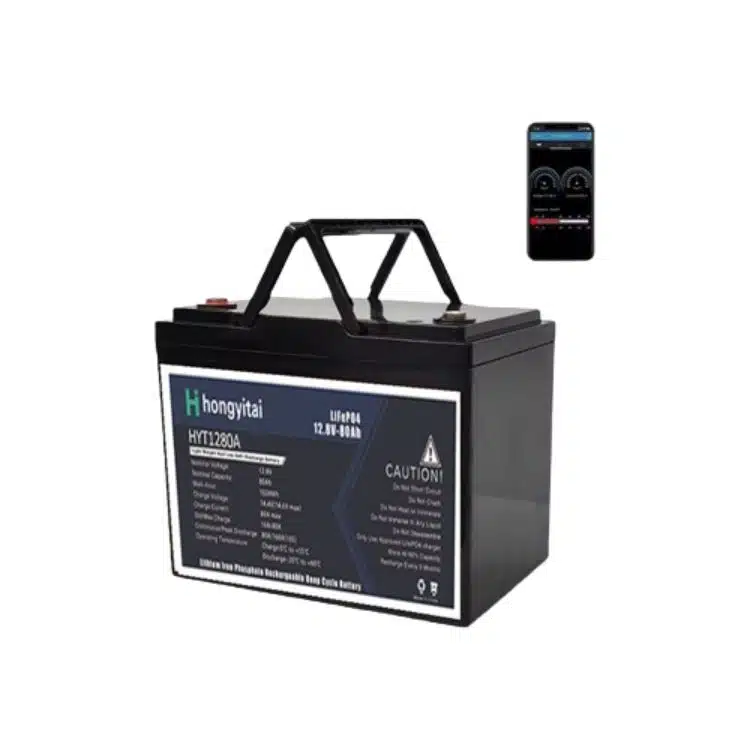
12.8V 80Ah LiFePo4 Battery
Nominal voltage: 12.8V
Nominal capacity: 80Ah
Rated energy: 1024Wh
Recommend charge current: ≤40A
Max charge current: 160A
Internal resistance: ≤12mΩ
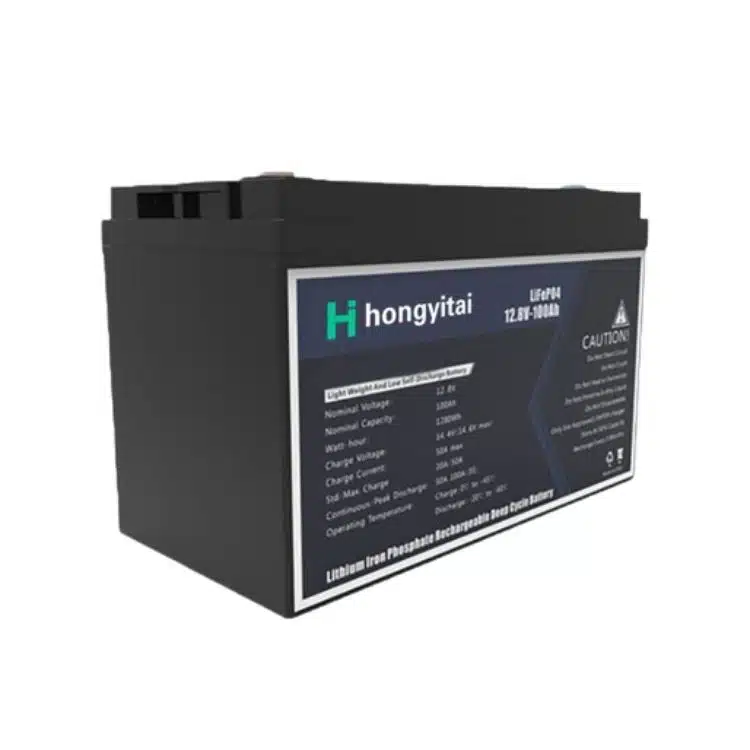
12.8V 100Ah LiFePo4 Battery
Nominal voltage: 12.8V
Nominal capacity: 100Ah
Rated energy: 1280Wh
Recommend charge current: ≤50A
Max charge current: 200A
Internal resistance: ≤10mΩ
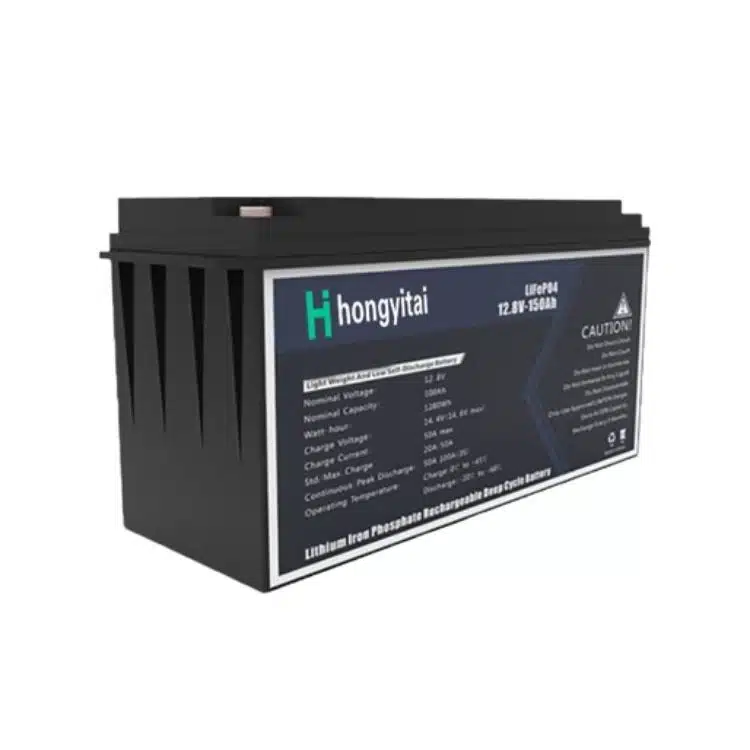
12.8V 150Ah LiFePo4 Battery
Nominal voltage: 12.8V
Nominal capacity: 150Ah
Rated energy: 1920Wh
Recommend charge current: ≤100A
Max charge current: 300A
Internal resistance: ≤10mΩ
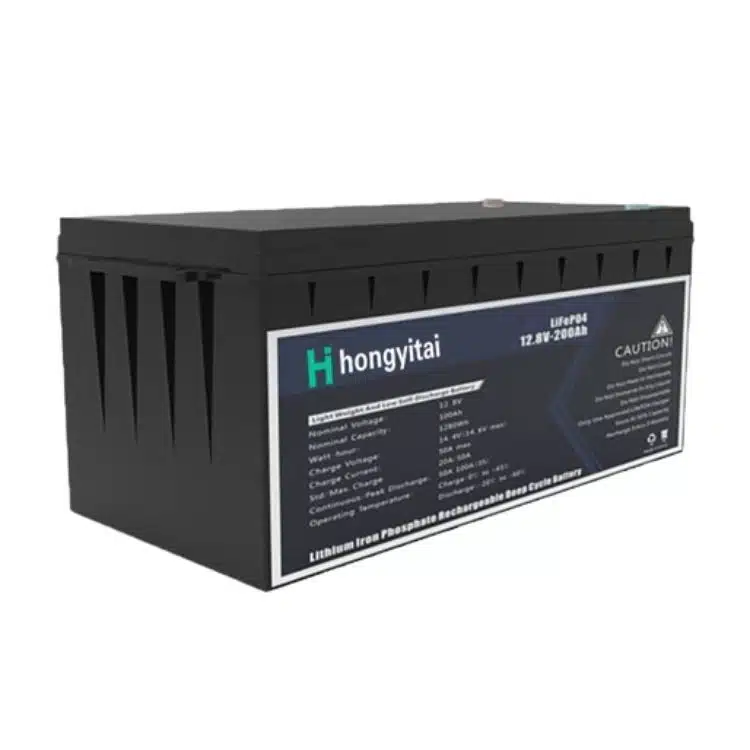
12.8V 200Ah LiFePo4 Battery
Nominal voltage: 12.8V
Nominal capacity: 200Ah
Rated energy: 2560Wh
Recommend charge current: ≤100A
Max charge current: 200A
Internal resistance: ≤10mΩ
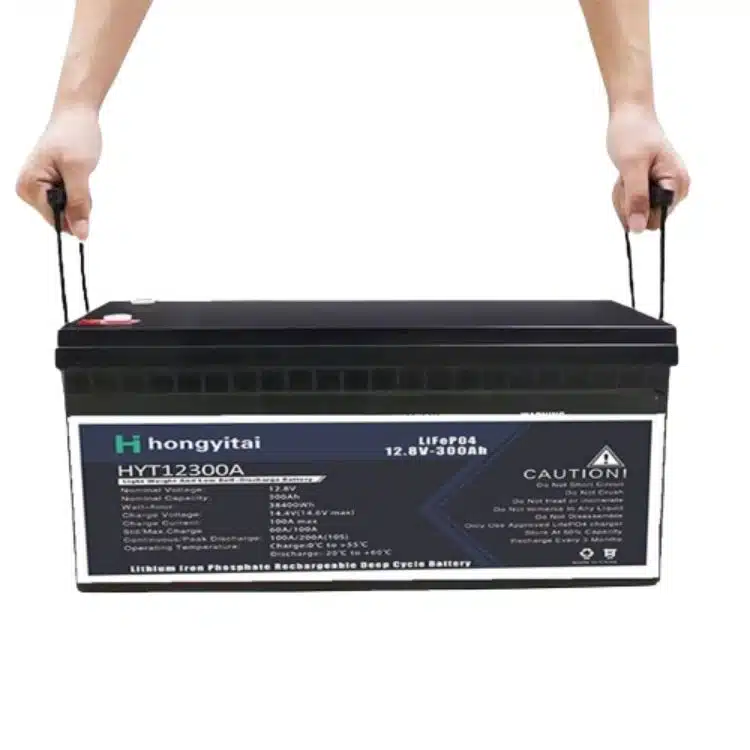
12.8V 300Ah LiFePo4 Battery
Nominal voltage: 12.8V
Nominal capacity: 300Ah
Rated energy: 3840Wh
Recommend charge current: ≤80A
Max charge current: 200A
Internal resistance: ≤10mΩ
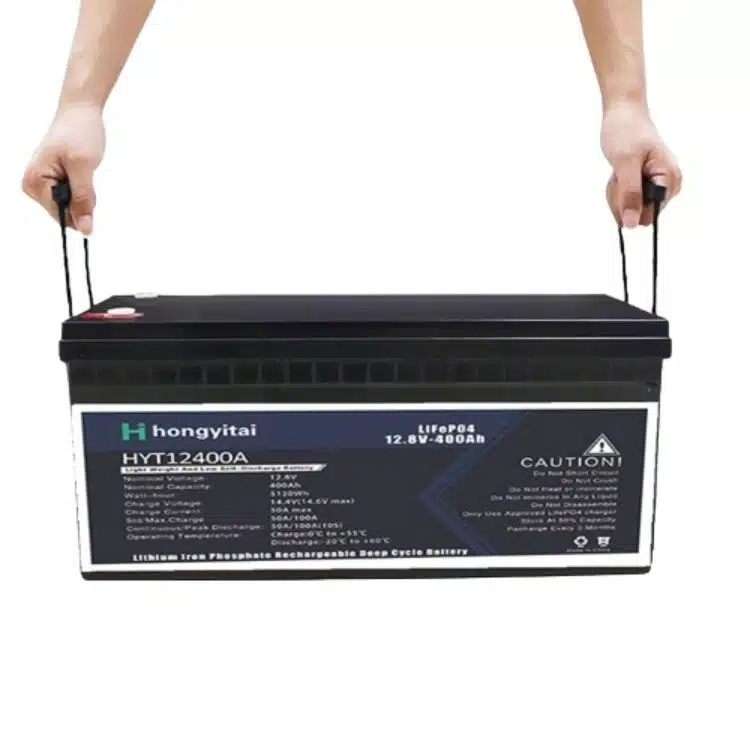
12.8V 400Ah LiFePo4 Battery
Nominal voltage: 12.8V
Nominal capacity: 400Ah
Rated energy: 5120Wh
Recommend charge current: ≤50A
Max charge current: 100A
Internal resistance: ≤12mΩ
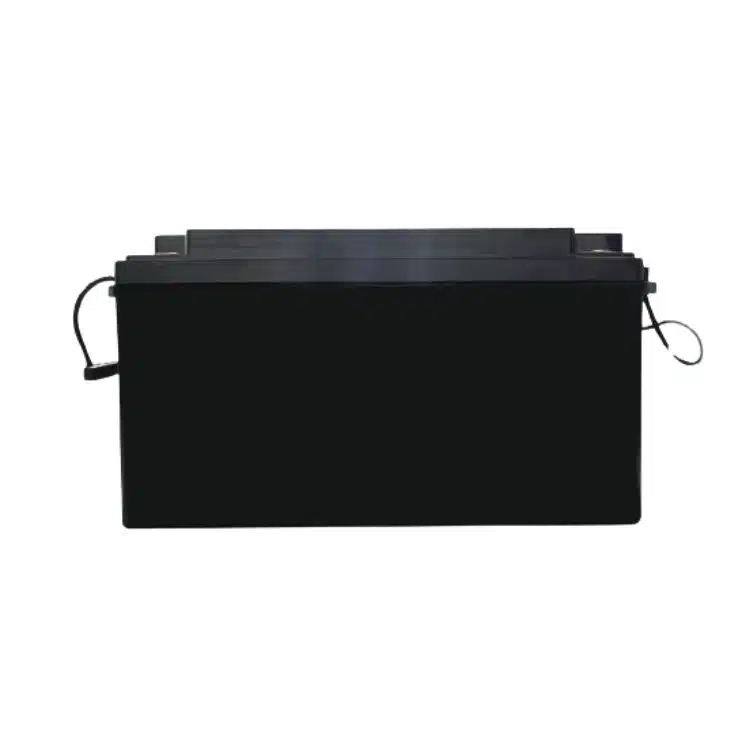
36V 50Ah LiFePo4 Battery
Nominal voltage: 38.4V
Nominal capacity: 50Ah
Rated energy: 1920Wh
Recommend charge current: ≤25A
Peak discharge current: 100A
Internal resistance: ≤30mΩ
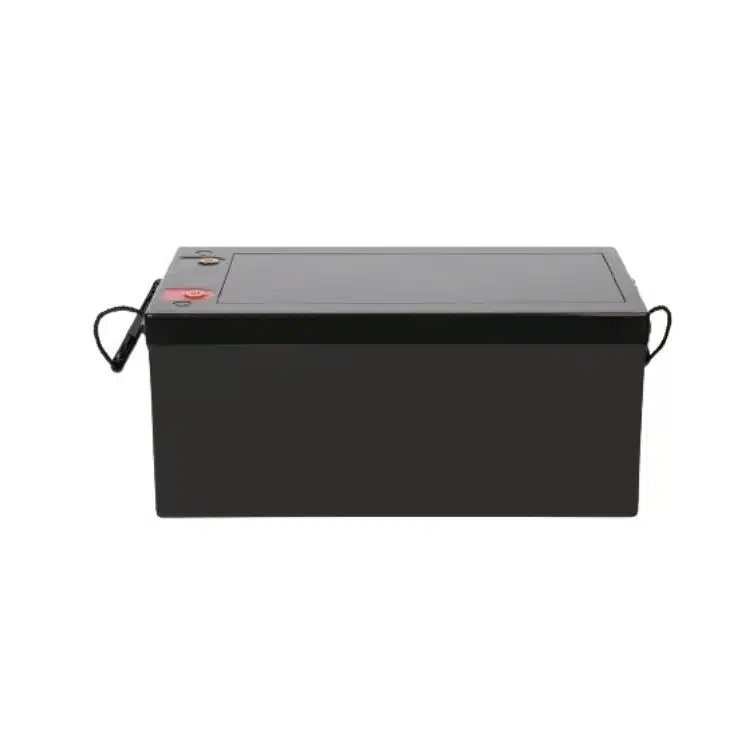
36V 100Ah LiFePo4 Battery
Nominal voltage: 38.4V
Nominal capacity: 100Ah
Rated energy: 3840Wh
Recommend charge current: ≤50A
Peak discharge current: 200A
Internal resistance: ≤25mΩ
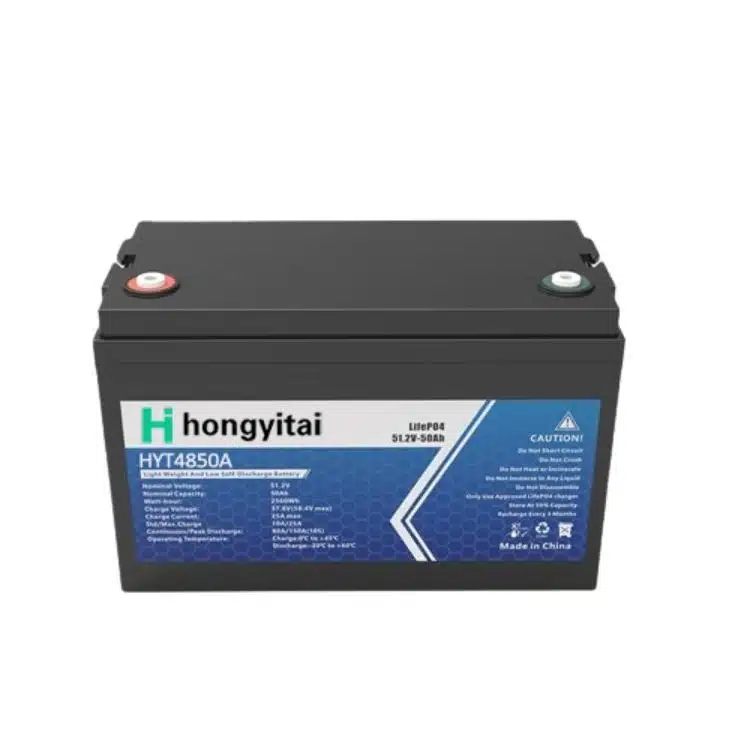
48V 50Ah LiFePo4 Battery
Nominal voltage: 51.2V
Nominal capacity: 50Ah
Rated energy: 2560Wh
Recommend charge current: ≤25A
Peak discharge current: 100A
Internal resistance: ≤30mΩ
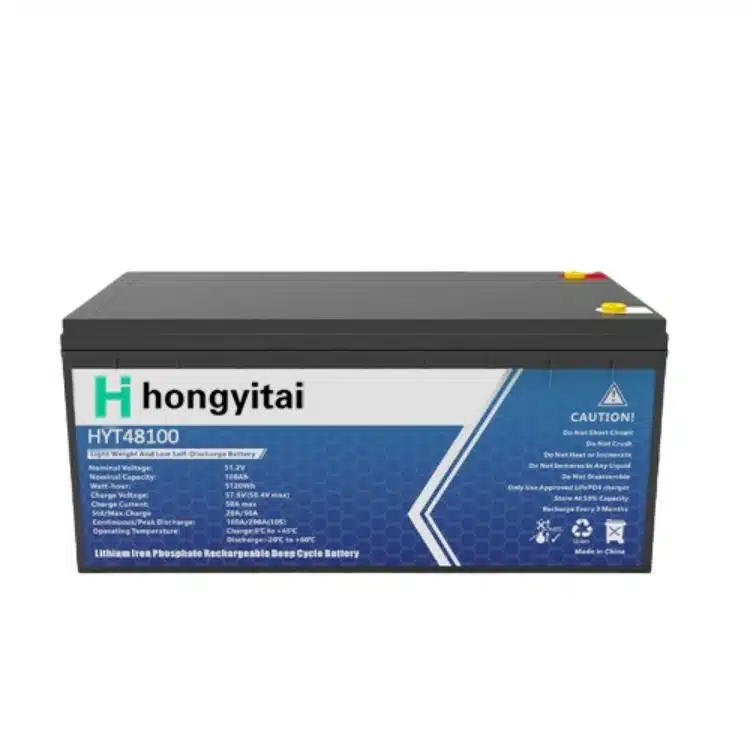
48V 100Ah LiFePo4 Battery
Nominal voltage: 51.2V
Nominal capacity: 100Ah
Rated energy: 5120Wh
Recommend charge current: ≤50A
Peak discharge current: 200A
Internal resistance: ≤20mΩ
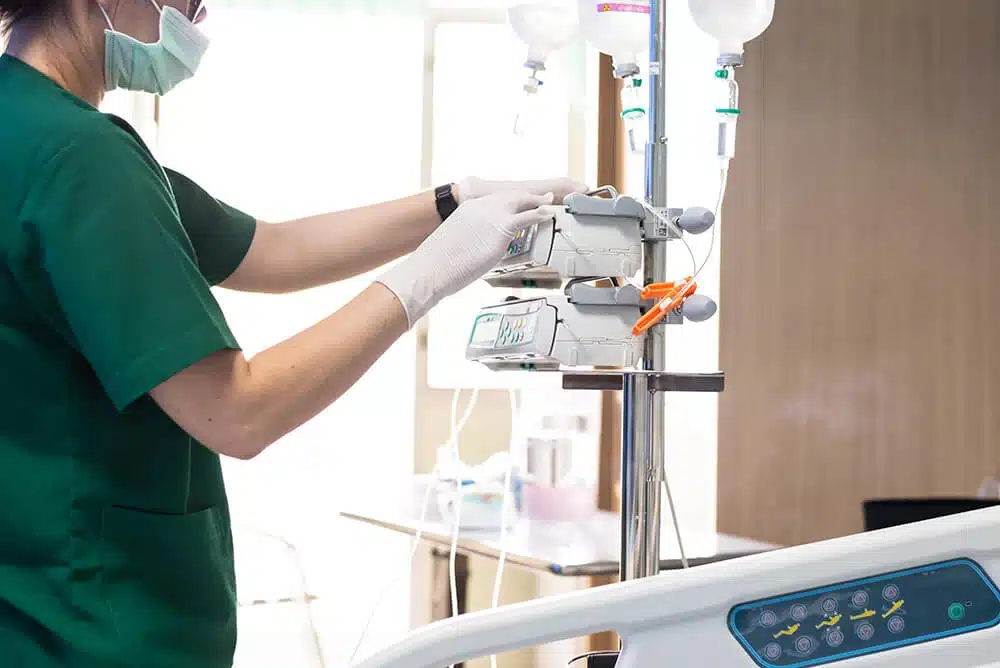
Lithium ion batteries for medical devices application
Lithium-ion batteries are increasingly preferred in medical devices due to their high energy density, lightweight design, and long cycle life. These attributes enable longer operating times and shorter charging periods, making them a suitable replacement for traditional lead-acid batteries in medical equipment.
To ensure safety, medical device designs must adhere to stringent standards set by regulatory bodies such as the FDA and the International Electrotechnical Commission (IEC). Standards like ANSI/AAMI ES 60601-1 and IEC 62133 outline design, testing, and safety requirements for medical devices to mitigate risks such as thermal runaway in batteries. Some lithium-ion batteries are encased in ABS or metal housings to reduce the risk of battery expansion, leakage, and subsequent explosions.
Pictured on the right is one of our applications for lithium-ion batteries: infusion pumps. These portable devices enable nurses to administer infusions to patients anytime, anywhere, eliminating the need to be confined to infusion rooms.
12v medical battery backup for golf
“Battery-powered medical carts are indispensable in hospitals, providing healthcare workers with essential mobility. These carts are equipped with rechargeable or replaceable battery packs designed for 24/7 operation, allowing for quick battery swaps without downtime.
The primary battery type for these carts is 12V battery packs, though capacities can vary widely, ranging from 5Ah, 20Ah, 40Ah, and even larger. These batteries power onboard computers, monitors, and other equipment.
Due to their exceptional cycle life of over 2000 cycles, high safety standards, ease of maintenance, and compliance with industry regulations, lithium iron phosphate (LFP) batteries have become the preferred choice for medical carts. LFP batteries offer a reliable and sustainable power solution for these demanding applications.
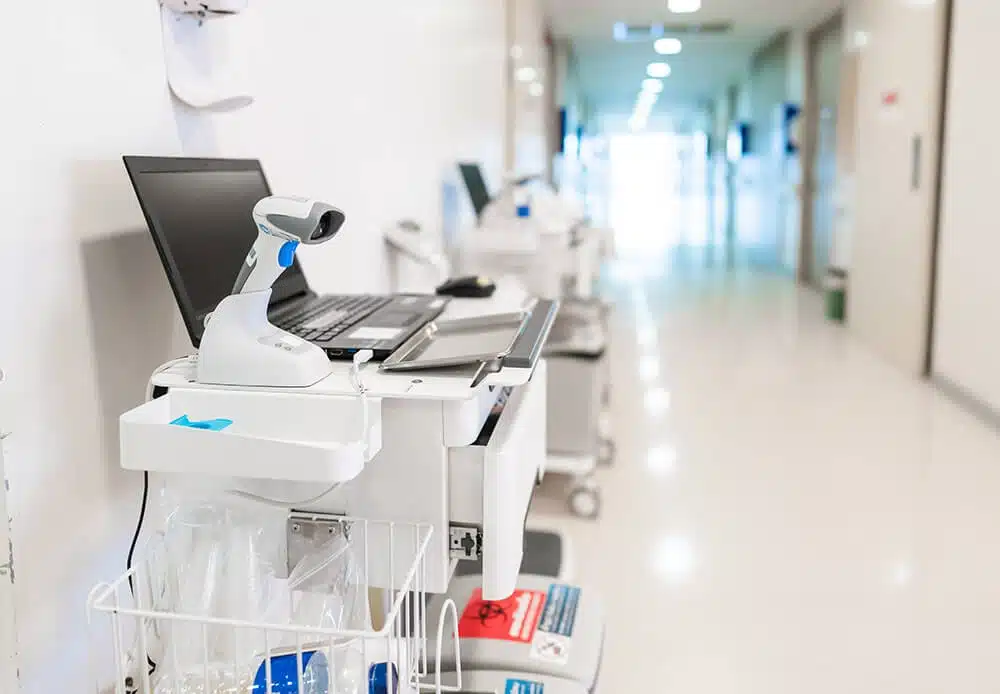
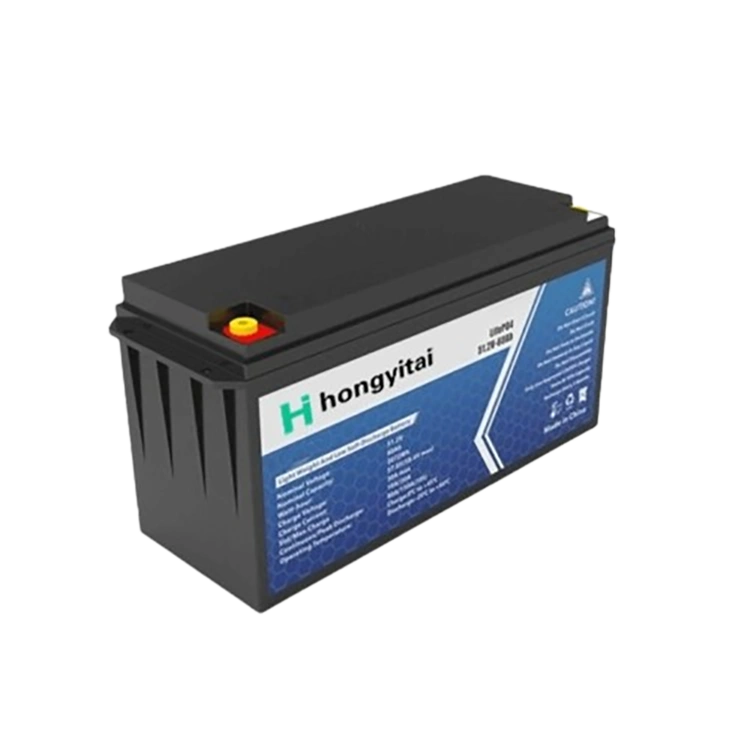
Types of batteries used in medical devices
A variety of battery types are utilized in medical devices, each with distinct characteristics and suitable applications. Here’s an overview of common battery types:
- Lithium-ion Batteries: With their high energy density, long lifespan, and lightweight design, 3.7V polymer or 12V lithium iron phosphate (LFP) batteries are widely used in portable medical devices such as infusion pumps, defibrillators, and handheld diagnostic tools.
- Nickel-Metal Hydride (NiMH) Batteries: Offering a good balance between performance and cost-effectiveness, NiMH batteries are commonly found in anesthesia machines and surgical power tools.
- Lead-Acid Batteries: Renowned for their ability to deliver high currents over short periods, lead-acid batteries are often used in emergency backup systems for critical equipment like ventilators or dialysis machines.
- Primary Lithium Batteries: Primary lithium batteries, such as lithium/iodine, are frequently used in implantable devices like pacemakers, drug pumps, and neurostimulators. These batteries provide a long, stable power supply, reducing the frequency of surgical replacements.
- Coin Cell Batteries: Known for their miniature size, rechargeable capability, high energy density, and excellent shelf life, coin cell batteries are suitable for small medical devices such as glucose monitors and pulse oximeters.
The optimal battery choice depends on the specific requirements of the medical device, including power demands, portability needs, and budget constraints. We welcome your inquiries to determine the most suitable battery solution for your application.
Why choose us as medical battery suppliers
Choose us as your medical battery supplier for these compelling reasons:
- Rapid Delivery and Uncompromising Quality: With a proven track record in research and development, we’ve successfully launched 10 battery packs specifically designed for medical devices. Our mature manufacturing capabilities ensure timely delivery and superior product quality.
- Rigorous Safety and Environmental Standards: We adhere to the strictest safety and environmental regulations, guaranteeing the safety and eco-friendliness of our products. Our production processes align with multiple international standards, assuring the safety of our batteries during use.
- Technical Support and Customized Solutions: We offer comprehensive technical support and tailored battery solutions to meet the unique requirements of your medical devices. From design validation to quality and safety assessments, our expert team is here to assist you every step of the way.
- Reliable Supply Chain and Flexibility: Benefit from our robust supply chain management and flexible inventory arrangements. We can support you throughout the entire process, from sample evaluation and battery validation to certifications and FDA approval for your medical products, ensuring timely delivery of bulk orders.”
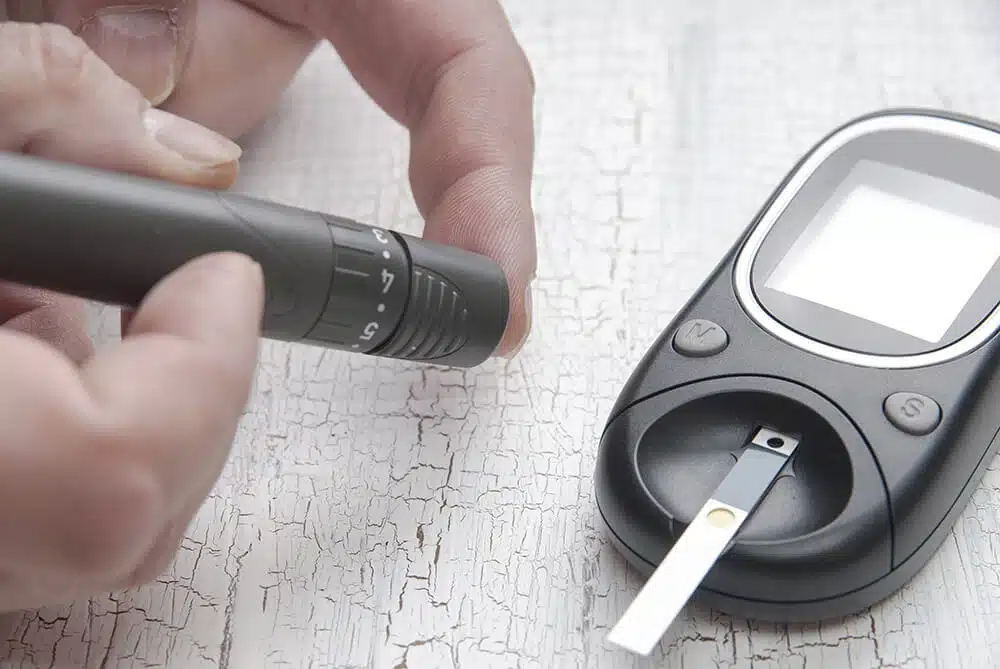
FAQs for battery in medical field
The lithium in lithium medications and lithium batteries is not the same. Although they both involve the element lithium, their uses and chemical forms are entirely different.
Lithium Medications: In medications, lithium is typically found in the form of lithium salts, such as lithium carbonate. These compounds are primarily used to treat mental health conditions like bipolar disorder and major depressive disorder. Lithium salts stabilize mood by regulating the connections between brain nerve cells.
Lithium Batteries: In batteries, lithium is usually present as lithium metal or lithium ions to provide electrical power. Lithium batteries utilize the chemical reactions and excellent conductivity of lithium to generate electric current. They are widely used in electronic devices, medical devices, and more.
Medicaid coverage for hearing aid batteries varies from state to state.
In some states, Medicaid does cover hearing aid batteries, while in others it does not. Here's a breakdown of some specific states:
- Nevada: Medicaid covers hearing aid batteries and other related services.
- New Jersey: Certain plans may include hearing aid batteries; please confirm before purchase.
- New Mexico: Medicaid covers accessories and supplies, including hearing aid batteries.
- North Dakota: Medicaid allows for the provision of four hearing aid batteries per month.
- Ohio: Medicaid covers services, including hearing aid batteries.
However, California and North Carolina do not cover hearing aid batteries through Medicaid.
In China, hearing aids and their accessories are generally not covered by medical insurance. Compensation for medical accidents typically includes medical expenses, lost wages, hospitalization meal subsidies, and caregiving fees. However, medical devices are not explicitly included in the medical insurance reimbursement scope.
To replace the batteries in your Prestige Medical penlight, please follow these steps:
- Identify the Battery Type: Verify that your Prestige Medical QuickLite penlight uses two AAA batteries.
- Open the Penlight: Unscrew the battery compartment of the penlight. This is typically located at the tail end of the penlight.
- Remove Old Batteries: Take out the old AAA batteries from the battery compartment.
- Insert New Batteries: Place the new AAA batteries into the battery compartment, ensuring that the positive (+) and negative (-) ends are aligned correctly.
- Reassemble the Penlight: Screw the battery compartment back onto the penlight, making sure it is securely fastened.
- Test: Press the button to verify that the penlight is functioning properly after the battery replacement.
